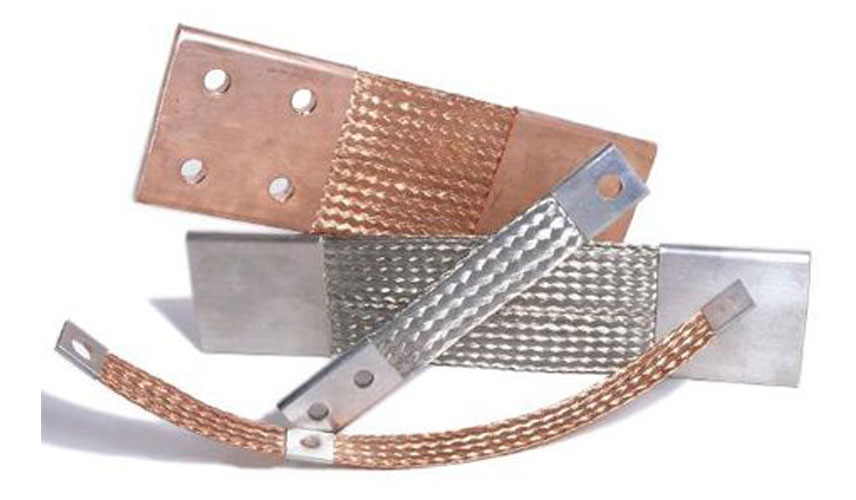
In the dynamic field of electrical engineering, selecting the right components plays a pivotal role in ensuring the efficiency and reliability of your systems. One such component that often goes unnoticed but holds immense importance is the copper-braided flexible connector. In this blog post, we delve into the reasons why these connectors are indispensable for various applications and why they should be a crucial part of your electrical system.
Copper, known for its exceptional conductivity, takes centre stage in the construction of braided flexible connectors. The interwoven strands of copper create a highly conductive path, minimising resistive losses and ensuring the seamless flow of electrical currents. This unparalleled conductivity is especially critical in applications where a reliable and low-resistance connection is non-negotiable.
The term "flexible" in copper-braided flexible connectors isn't just a mere descriptor, it signifies a key attribute that adds versatility to these components. The flexibility of these connectors allows them to adapt to dynamic environments, absorb vibrations, and accommodate movements without compromising on performance. This makes them ideal for applications in industries such as aerospace, automotive, and robotics.
Heat dissipation is a constant concern in electrical systems, and copper-braided flexible connectors excel at addressing this challenge. The braided structure enhances the surface area for heat dissipation, preventing overheating and ensuring the longevity of the connectors. This feature is especially crucial in high-power applications where thermal management is paramount.
Corrosion can be a silent adversary, gradually compromising the integrity of electrical connections. Copper's innate resistance to corrosion, coupled with protective coatings, ensures that these connectors maintain their performance over an extended lifespan. This makes them a cost-effective and reliable choice for long-term installations.
In today's interconnected world, electromagnetic interference (EMI) is a constant challenge. Copper-braided flexible connectors act as effective shields, mitigating EMI and radio frequency interference (RFI). This is particularly crucial in sensitive applications like medical equipment, telecommunications, and electronic devices, where signal integrity is paramount.
Every electrical system is unique, and one size does not fit all. Copper-braided flexible connectors offer a high degree of customisation, allowing engineers to tailor the connectors to specific application requirements. From size and length to termination options, this flexibility ensures seamless integration into diverse electrical setups.
With the growing demand for high-frequency applications in switchgear, automobile industries, hard engineering machines, busbar systems, telecommunications, aerospace, and medical technologies, the role of copper-braided flexible connectors becomes even more pronounced. The conductivity and shielding capabilities of copper make these connectors ideal for applications where signal integrity at elevated frequencies is paramount, ensuring reliable data transmission.
In conclusion, the need for copper-braided flexible connectors goes beyond being a mere preference, it's a necessity for ensuring the reliability, efficiency, and longevity of your electrical systems. Whether you are designing intricate electronic circuits or powering heavy machinery, these connectors provide the conductivity, flexibility, and durability required to meet the challenges of modern applications. Make the informed choice and embrace the significance of copper-braided flexible connectors in safeguarding the performance of your electrical infrastructure.
© Sidhartha Metals 2025 | All Rights Reserved. Design & SEO by Arsh Infosystems